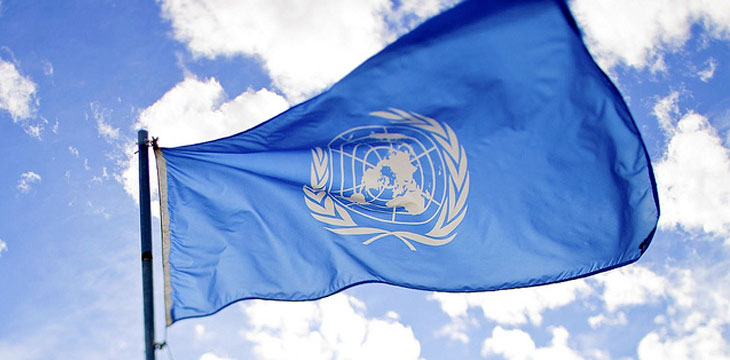
The United Nations International Children’s Emergency Fund (UNICEF) has pledged up to $100 million to six companies involved with blockchain technology, for delivery of various services in developing areas.
The companies, who will be delivering open-source prototypes of blockchain applications within 12 months, were selected from more than 100 applicants from 50 countries, according to UNICEF’s press release.
Among the challenges to be taken up are delivery of medical services, low-cost mobile connectivity, as well as financing for “social-impact” projects.
UNICEF Innovation Principal Adviser Chris Fabian said that currently, blockchain ventures involved much experimentation and failure, in the process of discovery. “That’s exactly the stage when UNICEF Innovation Fund invests: when our financing, technical support, and focus on vulnerable populations can help a technology grow and mature in the most fair and equitable way possible,” he said.
Atix Labs from Argentina will be developing a funding platform for small- and medium-sized enterprises (SMEs) that allows traceability of funds.
Onesmart from Mexico focuses on ensuring funds for state-provided social services are used properly.
Prescrypto, also from Mexico, makes information such as patient histories available to health-care providers, through the use of electronic prescriptions.
Statwig from India seeks to address supply-chain deficiencies in the delivery of vaccines.
Utopixar from Tunisia helps communities and organizations collaborate and make decisions for projects.
Lastly, W3 Engineers from Bangladesh facilitates connectivity within groups, specifically refugees and migrant communities, on an offline mobile networking platform.
Aside from the funding, UNICEF also committed to sharing its network of partners to assist the firms as needed.
UNICEF is already involved in a variety of technology ventures, including data science, machine learning, virtual reality, and drones.
For blockchain, it has launched theHopePage.org, that allows users to share their computer’s processing power for cryptocurrency mining operations, where proceeds are used for the Fund’s projects. The system applies the same principle as that of mining malware, with the difference of requiring consent of the user.
Another UNICEF program, Gamer Chaingers, involves having online gamers mine cryptocurrencies, the funds of which have already been allocated for protection of children from Syria.

 09-20-2024
09-20-2024


